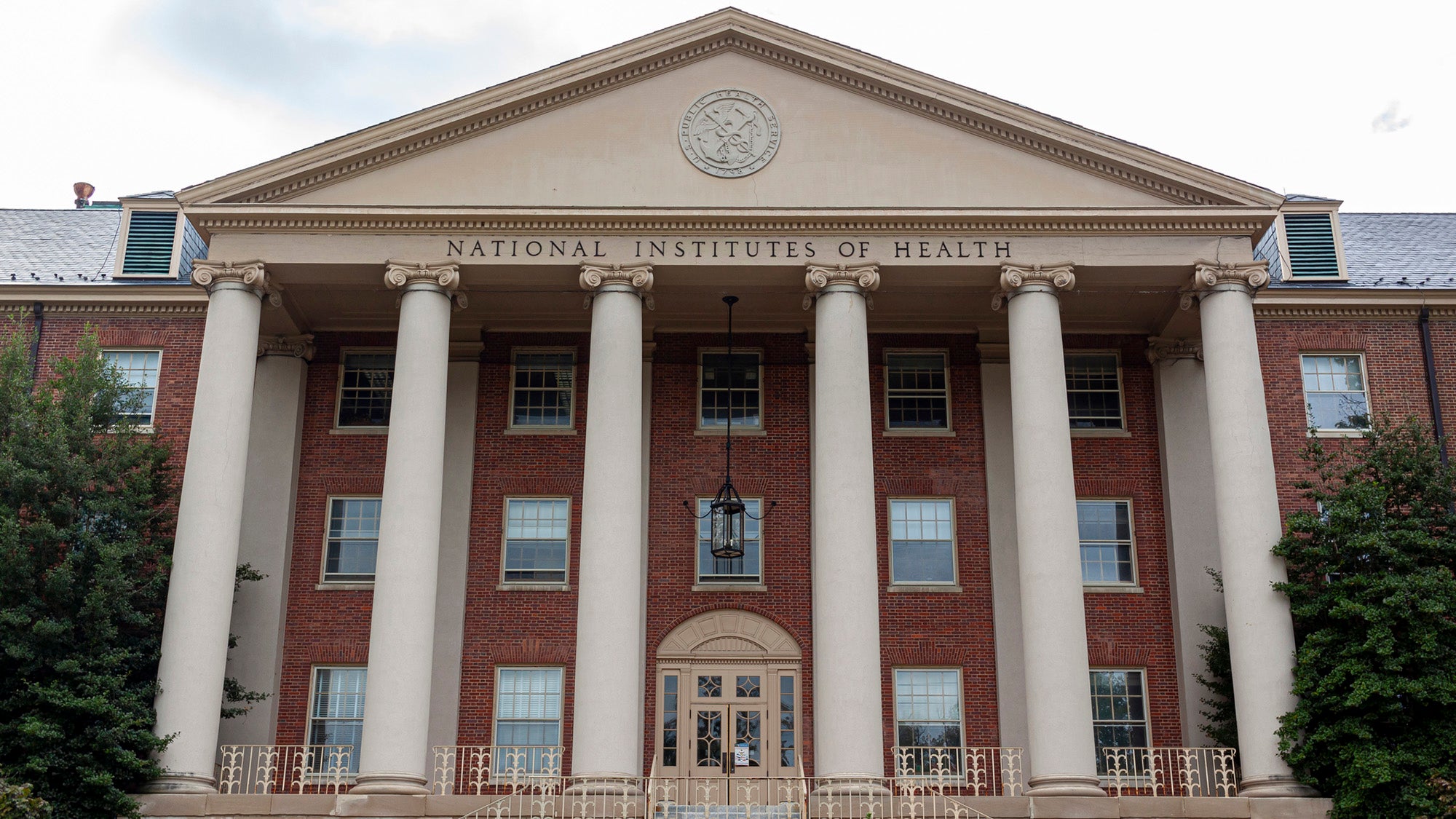Child Tax Credit expansion improved parents’ mental health

February 5, 2024 – When Congress temporarily expanded the Child Tax Credit (CTC) during the COVID-19 pandemic, the increased income for low-income families improved parents’ mental health, according to a new study.
The study, published January 9 in the journal Health Affairs, was led by Rita Hamad, associate professor of social and behavioral sciences at Harvard T.H. Chan School of Public Health. Hamad spoke about the study in a January 31 article in Spotlight on Poverty.
In 2021, Congress expanded CTC eligibility from only middle-income families to also include low-income families, increased the payment amount, and provided monthly payments rather than a lump sum during tax season. The researchers analyzed census data and found that depression and anxiety levels among parents in low-income families decreased following the CTC expansion. They found the biggest improvement in Black and Hispanic groups, which experienced greater economic and health burdens during the pandemic.
“Because of current and historical structural racism and things like housing policy, these groups also have less wealth and less of a buffer to fall back on than white families during times of economic hardship. So, they stood the most to gain from having this new source of income support,” Hamad said.
Read the Spotlight on Poverty article: Study Finds CTC Expansion Fueled Dip in Anxiety, Depression in Recipient Families
Read the study: Effects Of The 2021 Expanded Child Tax Credit On Adults’ Mental Health: A Quasi-Experimental Study
Photo: iStock/SolStock


